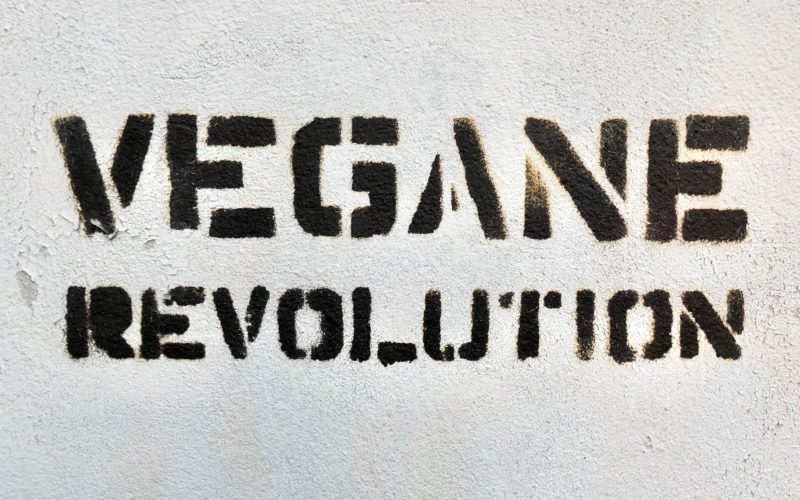Some five to ten years ago, if you were a vegan, you were considered pretty much a new species. This wasn’t because of what you were eating but because of how hard it was to procure all of your 100% vegan food.
Nowadays, things have drastically changed. We got to a point where a vegan label makes us think that the respective product is healthier and safer than its conventional alternative.
In short, what started as a meat-free lifestyle is now regarded as a healthy lifestyle. Obviously, this is partially wrong – but this is how the big shots of business managed to take over what once was a niche lifestyle choice!
The Beginnings of Veganism
Throughout 2018, the UK saw a four-time increase in the number of vegan people when compared to four years earlier, 2014. At the same time, people were amazed to see how a meat-free vegan was the best-selling launch of a reputed brand after six years of regular sale numbers, so to say.
Then, slowly but surely, products that had to be carefully researched beforehand became the norm in every supermarket and grocery store. The more significant issue, for some, is that now you can find dedicated vegan shops from where you can buy your meat-free products.
The Impact of Big Business
When the vegan movement had just begun, word of mouth was used by people to find the best products for their health. They didn’t have any labels or websites to tell them which brand is the best. In short, reading product labels/ingredients and daily research was usual for the hipster vegan.
Once business owners and producers noticed the increase in sales of such products, marketing changed this lifestyle choice forever.
- Even products that were initially vegan couldn’t help themselves add a vegan marking or label on themselves. Obviously, the addition of a single brand, without changing anything else in the product, had other effects.
- While most products of this kind are cheaper to make than their conventional alternatives, they are actually more expensive, mainly because the buyer pays for packaging and development as well.
- In the end, a healthy and cheap eating lifestyle turned into a mainstream expensive one – pretty much like with any other product that found fame. On the other hand, only that this time, it’s an entire lifestyle that suffered this change.
- Last but not least, extreme marketing of vegan products led the vast majority to believe that they are healthier overall and don’t necessarily apply to a particular lifestyle. Some people perceive natural meat and vegan meat as identical as long as the label advertises the same amount of nutrients, vitamins, and so on.
In the end, big business also meant the death of local or small enterprises that dealt in healthy vegan food. Only a couple of drastic measures in terms of costs, such as counsel from M&A and small business tax attorneys, have helped small vegan businesses to stay alive – only to be later eaten by big business.
The Bottom Line
Vegan people are in-between. On the one hand, they now have a much easier time finding the products that they need – especially the likes of quinoa, various beans, soy, and such. On the other hand, the price of these products rose after big businesses decided to step in. People who can’t afford some sort of vegan meat might believe that their lifestyle is not healthy enough.
